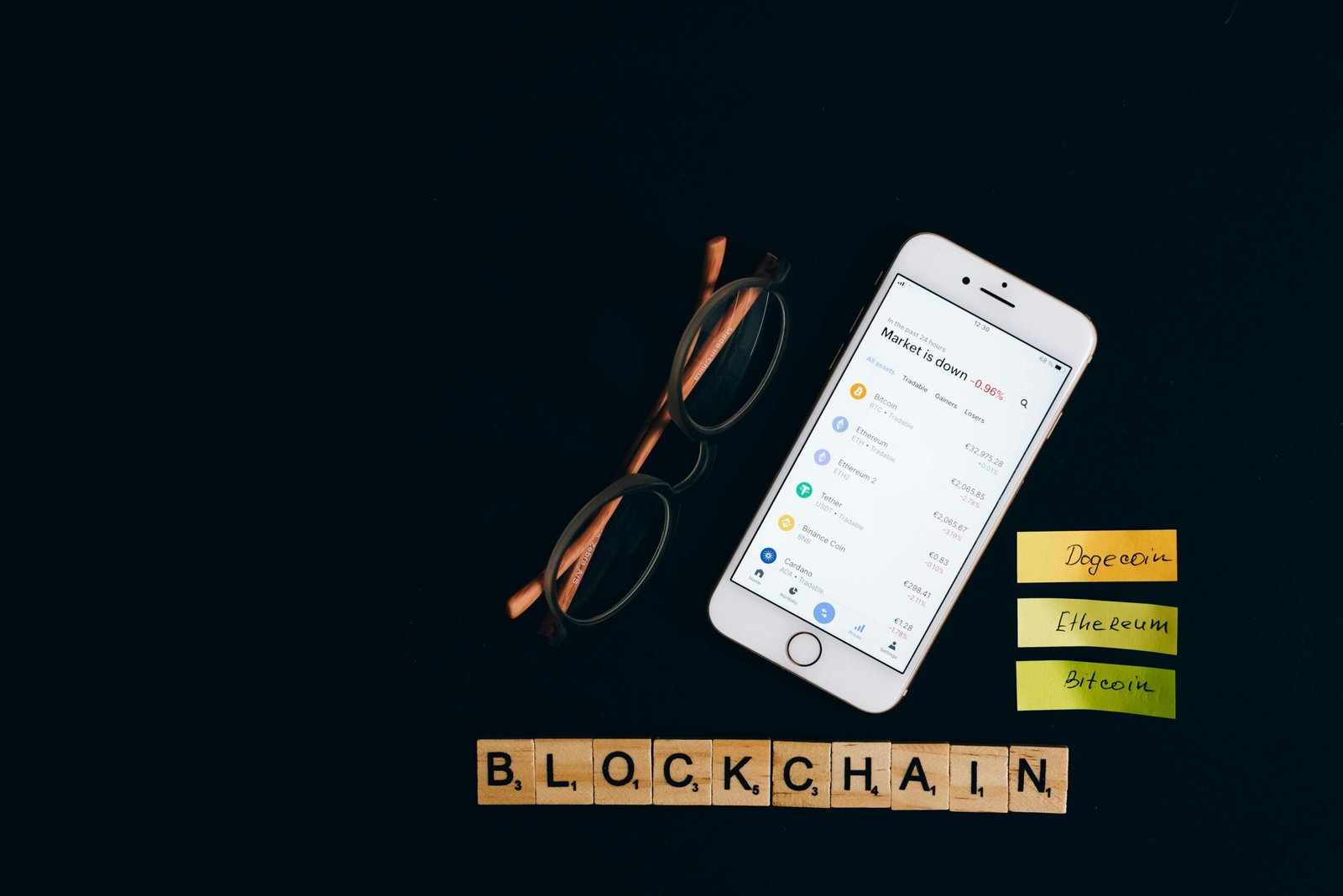Breaking News
Popular News




Enter your email address below and subscribe to our newsletter

Blockchain on Banking: Banking is no longer just about vaults and ledgers. It’s about digital trust, instant transactions, and global access. Enter blockchain—a disruptive technology that’s transforming the core of the global financial system.
At bit2050.com, we explore how blockchain is revolutionizing banking and what that means for the future of finance.
Traditional banking systems rely on centralized institutions, slow processes, and expensive intermediaries. Blockchain flips the script with:
Decentralized control
Real-time transaction processing
Increased transparency and auditability
Let’s explore the 7 powerful ways blockchain is impacting the banking sector.
Blockchain removes intermediaries, enabling real-time international transfers. No more waiting 3–5 days for SWIFT confirmations.
🌍 Example: Ripple (XRP) is already helping banks like Santander process faster remittances.
With immutable records, blockchain makes data tampering nearly impossible, strengthening security against fraud and cyber threats.
Blockchain streamlines Know Your Customer (KYC) and Anti-Money Laundering (AML) checks by creating a shared digital identity across banks, saving time and resources.
Automated smart contracts reduce paperwork and errors in loan agreements, escrow services, and asset transfers.
✅ Example: Smart contracts can trigger loan disbursements or repayments based on pre-set conditions.
DeFi platforms offer banking services—without banks. While it’s a threat, banks can adopt blockchain to offer similar products with greater transparency.
Blockchain provides real-time, tamper-proof records of all financial activities, making audits faster and more trustworthy.
Banks can now issue digital tokens representing fiat currencies, stocks, bonds, and more. Central Bank Digital Currencies (CBDCs) are already being tested worldwide.
Banks that embrace blockchain stand to reduce costs, boost efficiency, and gain customer trust. Those that ignore it risk being left behind.
At bit2050.com, we believe blockchain is not just an upgrade — it’s a financial evolution.
Q1: Is blockchain secure enough for banking systems?
Yes. Blockchain’s cryptographic and decentralized design provides high-level security that’s difficult to breach.
Q2: Will blockchain eliminate traditional banks?
Not necessarily. It will force them to evolve by adopting more transparent, tech-driven processes.
Q3: Can banks use private blockchains?
Absolutely. Many use permissioned blockchains like Hyperledger for privacy and performance.
Q4: How does blockchain affect bank fees?
It can significantly reduce fees by removing middlemen and automating manual tasks.
Q5: Are there real examples of blockchain in banking?
Yes—JPMorgan Chase, HSBC, and Standard Chartered are actively exploring or using blockchain platforms.
Blockchain in Banking, Banking Transformation, Decentralized Finance, Crypto in Finance, Financial Innovation, bit2050, Digital Banking, FinTech, Blockchain on Banking,
Blockchain is no longer a buzzword—it’s a powerful tool reshaping the future of banking. From faster payments to digital identity management, its impact is vast and growing.
Stay ahead of the curve with more insights at bit2050.com — your go-to platform for blockchain, crypto, and the digital economy.